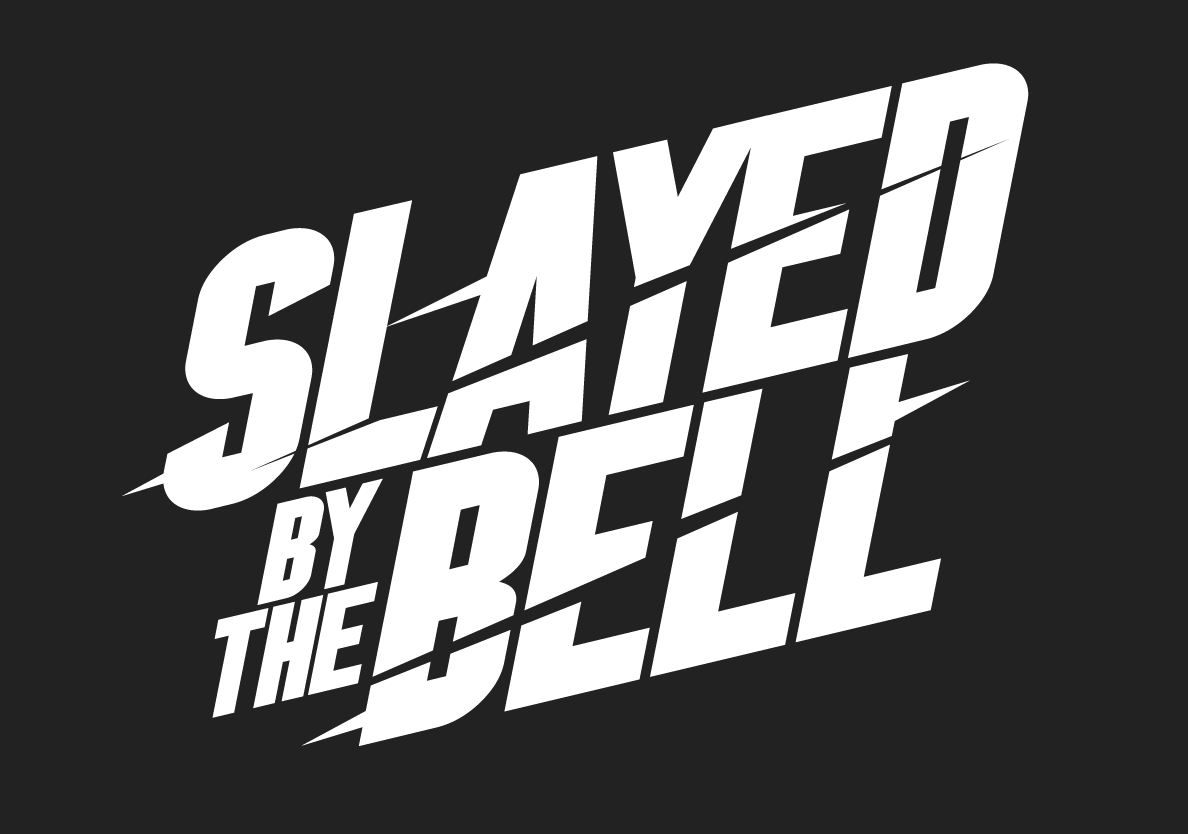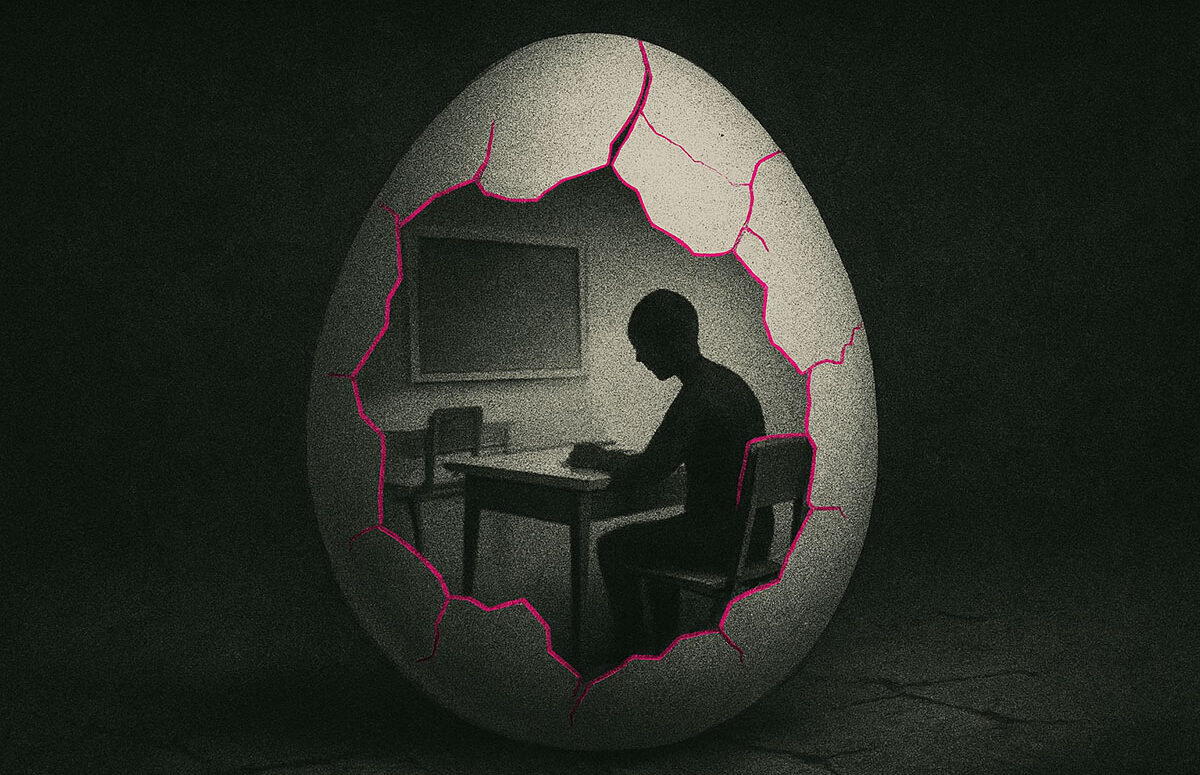Comfort, Compliance and the Cult of Fragility
School used to be where you learned to cope with difficulty. Now it’s where you learn to avoid it. We’ve built a system that rewards fragility, punishes independence, and medicalises effort. Resilience isn’t something we teach—it’s something we fucking sideline. And no one is talking about the long-term cost of raising a generation that can’t cope with being uncomfortable.
Problem
Students are no longer expected to endure discomfort—they’re encouraged to flag it, label it, and outsource it. Struggle has become taboo. The system doesn’t challenge; it accommodates. It doesn’t build grit; it breeds grievance. Every hard thing becomes a safeguarding concern.
This shift shows up daily. Students shut down after mild corrections. Parents complain when homework is “too much.” SLT asks how you could adapt, not how the student could rise. Everything is filtered through the lens of emotional risk. This results in a culture where teachers are silenced and students are emotionally padded.
Richard Shotton, in The Choice Factory, shows how people avoid difficulty by default—unless they’re incentivised to face it. In fact, making things more difficult actually improves engagement. However, school incentives push the opposite: dodge, delay, and deflect.
Causes
It’s the product of ideological creep, misguided leadership, and the corporate colonisation of education.
- The Customer Mindset – We’ve turned education into a fucking service industry. As Carl Pickhardt writes, many students see themselves as customers, not learners. “I paid attention for 10 minutes—where’s my grade?” This commercial logic erodes the expectation that effort is necessary. Teachers are reduced to service providers, terrified of a complaint.
- Behaviour-as-diagnosis – Jon Ronson’s The Psychopath Test exposes how mental health language is often misused to shut down debate. In schools, the same trend is rampant. Defiance is reframed as trauma. Refusal becomes neurodivergence. Teachers are gaslit into silence with phrases like “you need to understand their needs” when the real need is a boundary.
- KPI-led Leadership – Daniel Ariely warns that what’s measurable becomes manipulable. School leaders now focus on box-ticking versions of wellbeing: resilience awards, weekly shoutouts, ‘restorative conversations’ that never hold students to account. It’s all theatre. And it kills any chance of real growth.
- Inclusion Theatre – Naomi Klein’s No Logo unpacks how institutions posture rather than reform. Schools are doing the same. SEND provision is diluted into blanket exemptions. “Equity” is used as a smokescreen for a total loss of challenge. We perform inclusion by quietly excusing students from the very experiences that would help them grow.
- Social Media Culture – Everything is instant, everything is curated. If effort isn’t quick and rewarding, it feels wrong. Teens spend their lives swiping through perfection, then bring that expectation into learning. If the answer isn’t fucking obvious, they assume the system has failed—not them.
Effects
The impact is everywhere:
- A rise in dependency: students constantly need reassurance, scaffolding, and ‘breakout’ spaces.
- Decline in effort tolerance: if a task isn’t easy, it’s labelled unfair.
- Explosion of EHCP requests for issues that are often behavioural, not neurological.
- Declining post-16 resilience: sixth formers breaking down over routine deadlines and feedback. Or simply opting out.
- Teacher burnout caused by blurred boundaries and zero backup from SLT.
This isn’t about dismissing genuine mental health issues. It’s about recognising the difference between clinical need and a system that encourages avoidance at every level.
Solutions
We need to stop treating discomfort as harm.
- Rebuild Challenge Culture – Make struggle normal again. Students should expect to fail, revise, retry. This isn’t cruelty—it’s education.
- Train Teachers, Not Babysitters – Give staff autonomy to say no. Let them hold boundaries. Stop diluting behavioural expectations in the name of “understanding.”
- Ditch the Customer Logic – Education is not Amazon. You don’t get to demand results without effort. Berger’s Invisible Influence reminds us: that expectations shape outcomes. Raise them.
- Redefine Support – Support doesn’t mean doing it for them. It means equipping students to do it for themselves. We need to stop equating intervention with indulgence.
- Use Real Language – Drop the euphemisms. A tantrum is not a dysregulation episode. A refusal is not “communicating a boundary.” Fucking reclaim clarity.
Conclusion
We’ve mistaken softness for support and entitlement for empowerment. The result is a generation that’s unprepared for a world that won’t accommodate them the way school does. If we want resilient young people, we have to start telling them the truth: you’re not fragile, you’re just uncomfortable, and you can handle it.

